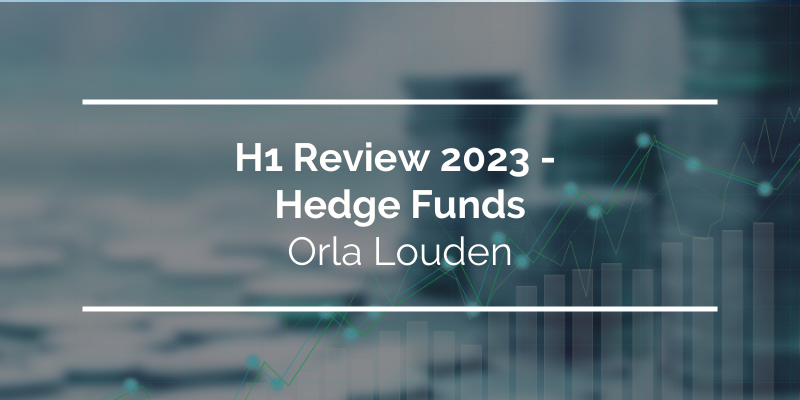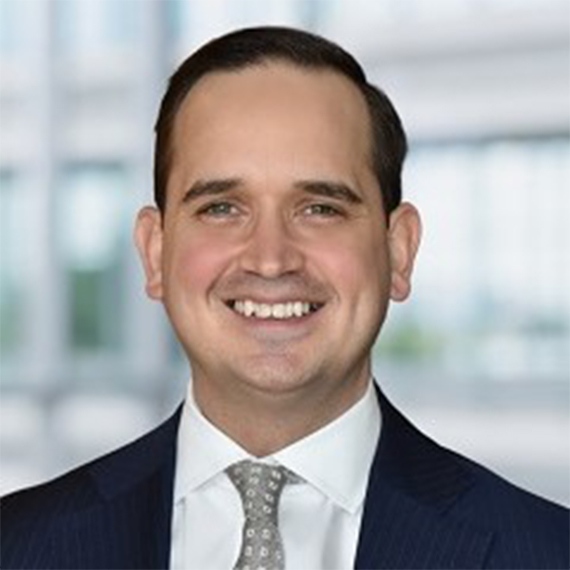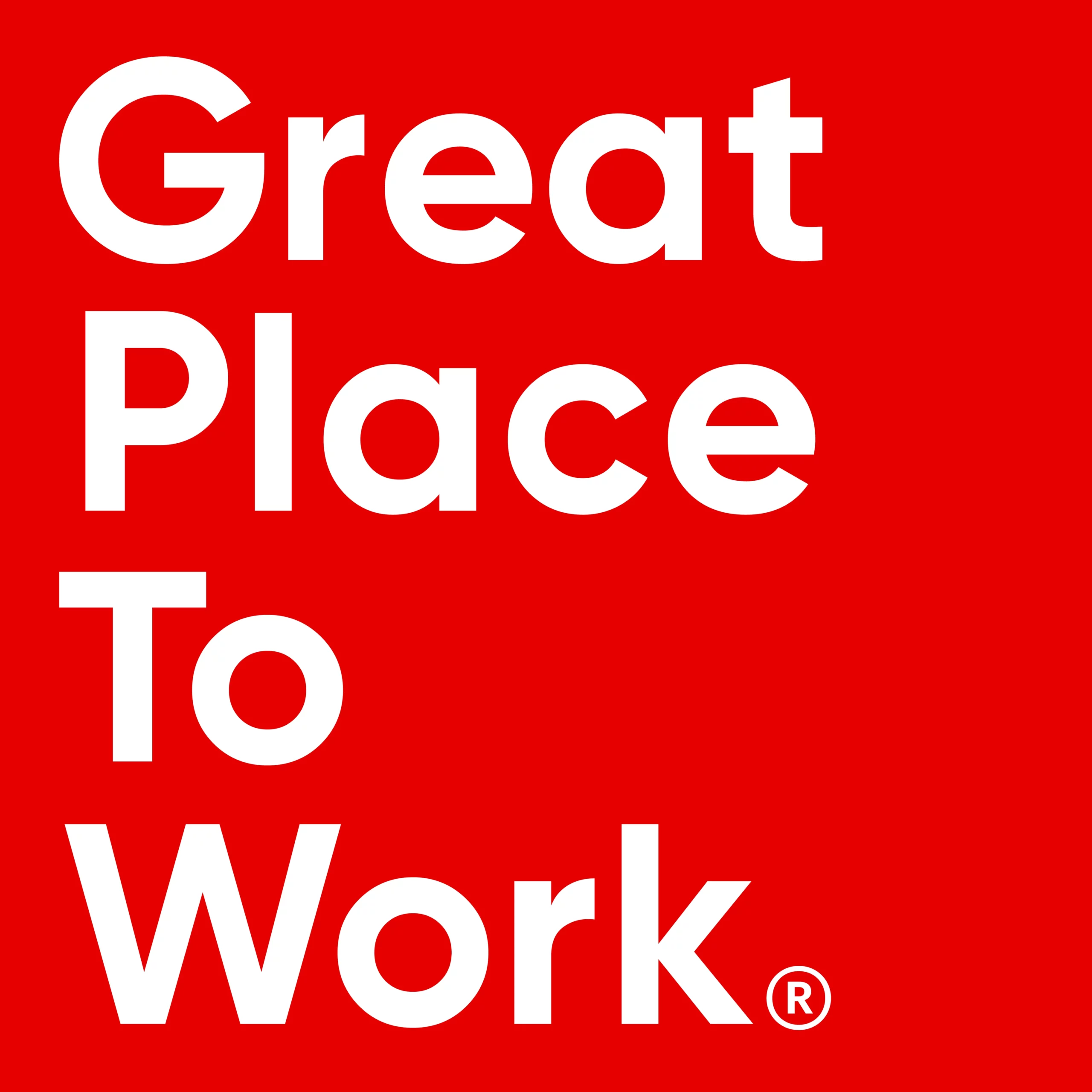Global Macro caught off guard
It has been a challenging first half to the year for many Hedge Funds; navigating high inflation and uncertain markets, with the addition of rapid tech advances and machine learning gripping the industry.
Global growth surprised markets positively in Q1, meaning strategies with higher beta to equities outperformed more divergent strategies. Global Equities and Bonds returned 6.35% and 3.19% respectively.
In a sharp contrast to 2022, many Macro Hedge Funds that bet on global economic trends ended the first half of 2023 with losses. Last year saw Macro Portfolio Managers up about 9% by YE, on bets that interest rates would remain higher for longer to tame inflation. Market turmoil in March with the collapse of SVB and fall of Credit Suisse sent investors running to government debt as a safe haven, catching many macro managers off guard, and left painfully trying to get out of overcrowded shorts. Computer-driven Hedge Funds running short positions were also badly hit. Looking ahead for the rest of the year, many industry heavyweights see increasingly diverging central bank policies as offering a lot of trading opportunity in the macro space. Currency moves are becoming increasingly out of sync, and assets from different countries are more likely now to move in different directions.
The UAE as the place to be
Dubai is set to be the global Hedge Fund hub as 60+ firms have set up or in the process of establishing bases in the city’s Dubai International Finance Centre. The convenient geographical proximity and time zone for global trading, along with zero percent income tax, in a favourable regulatory environment has made it a huge draw for Hedge Funds. Recently, Naveen Choppara (ex-Goldman Sachs) relocated from London to work alongside Akash Patel at Millennium. Hudson Bay and Verition Fund Management are also in the process of opening an office in the emirate to join industry heavyweights such as Balyasny Asset Management and ExodusPoint Capital Management. Schonfeld Strategic Advisors, a leading US multi-strategy manager set up its Dubai office at the start of last year and was formally licensed in September.
Abu Dhabi Global Market continued its path to becoming an international financial hub for Hedge Fund managers that are drawn to the quality of the ADGM’s independent regulator, the Financial Services Regulatory Authority, prevailing common law framework, excellent infrastructure, and tax efficiencies. Since its office launch at the end of 2021, Florin Capital now has 40% of its global workforce in the emirate. Brevan Howard opened its office in February, to host over 100 staff including representation from portfolio management, research, trading, risk and compliance. Co-founder Trifon Natsis has recently relocated to join Portfolio Manager Mitesh Gupta.
Movers and Shakers
- Riccardo Riboldi left Goldman Sachs as Head of EM Equities, to join Schonfeld Strategic Advisors, heading up a new Dubai based unit.
- Dan Shatz, one of the top Credit portfolio managers at Citadel’s New York office, has joined the UK Hedge Fund Marshall Wace.
- Naveen Choppara, Co-Head of Emerging Market rates and forex trading in CEEMEA for Goldman Sachs, is joining
War for Talent
Attracting top talent has always been a top priority for Hedge Funds, but the appetite for revenue generating staff has been bigger than ever, particularly within multi-strategy firms such as Citadel and Schonfeld Strategic Advisors. In such a competitive space, the bar is exceptionally high explaining why multi-strategy Hedge Funds are paying huge amounts to hire both from banks and from rival funds – reportedly on packages as high as $50mm. In terms of hiring, with most Hedge Funds having a worst year this year than in 2022, it’s possible that headcount for PMs will fall. However, multi-strategy platforms have the money to spend on top tier PM talent. Non-investment hiring will move to the back burner. Smaller multi-strats can afford to be fluid in their approach to recruitment, as we’ve have seen an increase in the appetite for adding more junior talent in the form of APMs/ Sub-PMs who can join existing pods. While the advantages of joining a large multi-strategy platform are clear, we have seen increased interest from top performing PMs to join smaller funds with flatter structure, and a more sustainable growth model. Smaller funds can be nimbler and more unconstrained in their investment strategies, which can lead to high returns.
It is worthwhile noting that while the Hedge Fund market is buoyant, opportunistic hiring continues to play a huge part in the recruitment process. In such a competitive landscape, Hedge Funds are mindful of bringing on new and diverse talent, regardless of whether there is a specific gap in a role/strategy. In terms of retention, staff churn has always been a concern with Hedge Funds with the notion of ‘performance drops – you’re out on your ear’ for many of the platforms. However, faced with talent shortages and the need to be seen as attractive employers, Hedge Funds are increasingly looking to develop their employees and work to offer agree on attractive risk parameters. Additionally, most of the top multi-strats have increased their investment in talent development programs, mentoring, career progression opportunities and HR infrastructure – akin to that of Investment Banks.
If you would like to discuss the above or how we can support your hiring processes in the current market, please get in touch with Senior Consultant Orla Louden at orla.louden@coopman.uk








